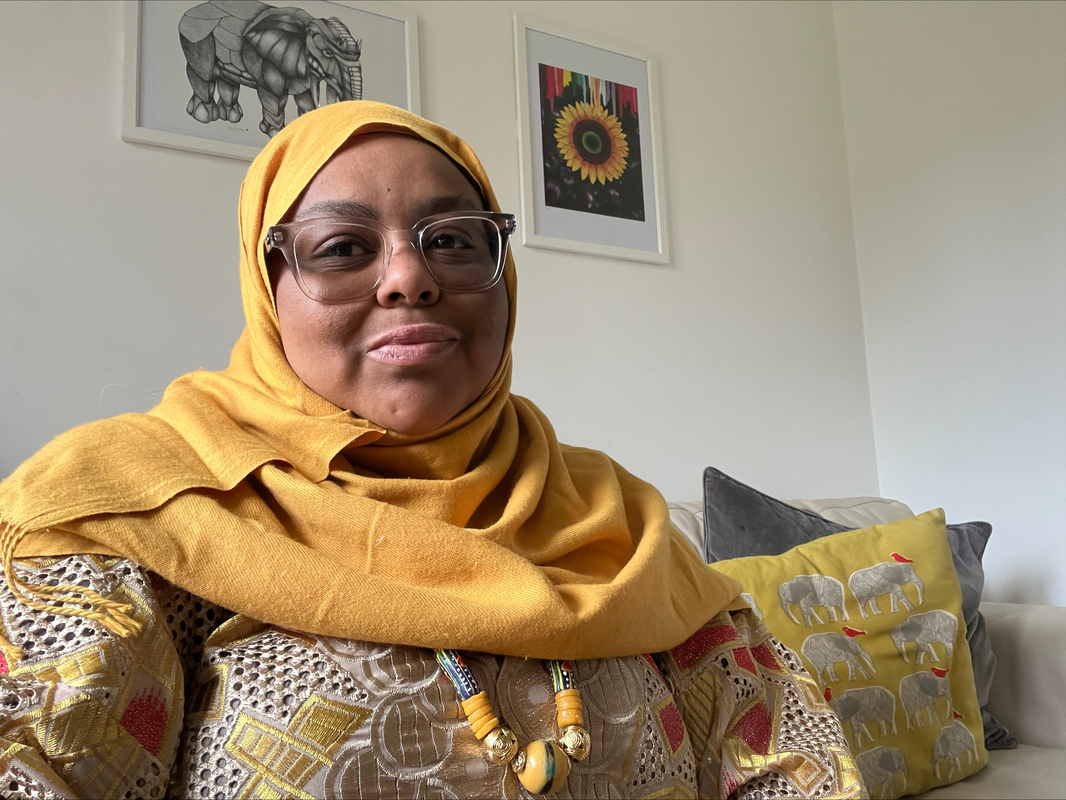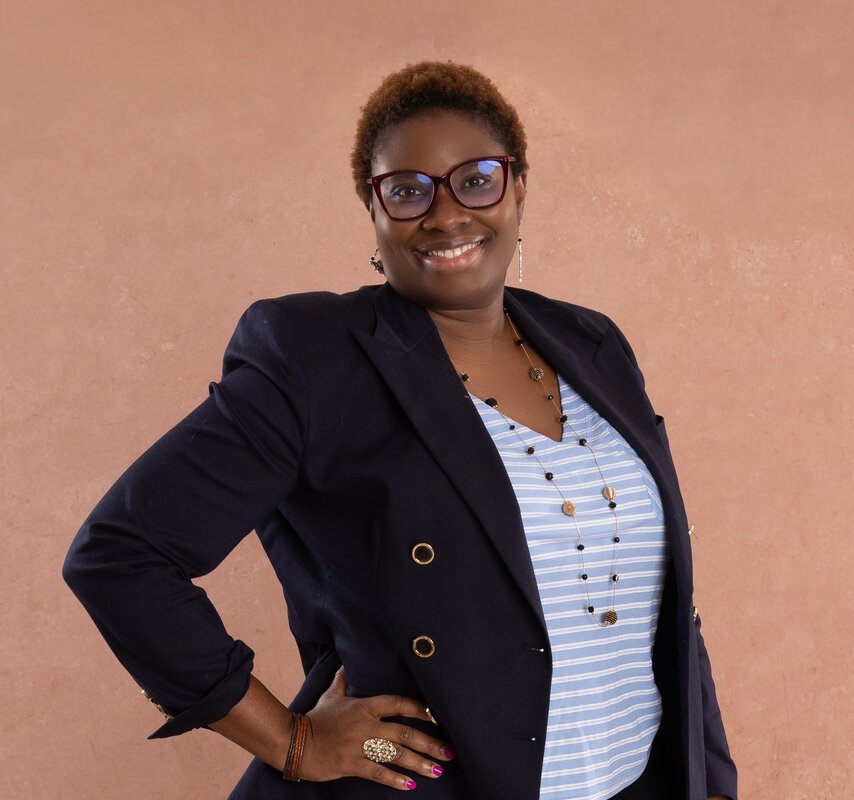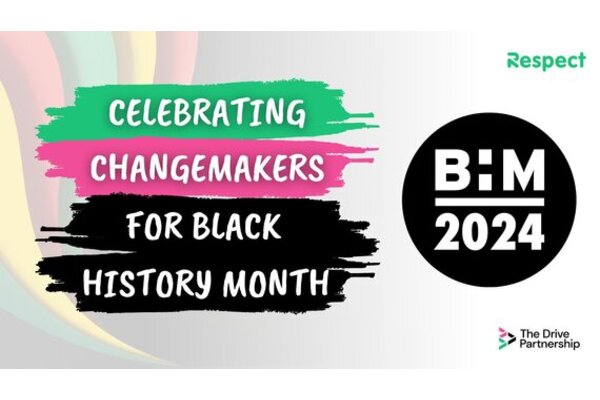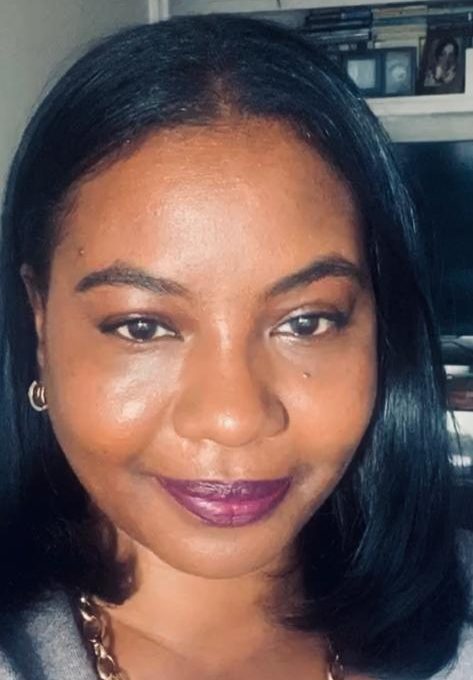The theme for Black History Month 2024 is ‘Reclaiming Narratives.’ It’s an important idea to help combat the misinformation surrounding groups of people who are discriminated against, which includes Black communities and survivors of domestic abuse, and is particularly pertinent for those who fall into both of these groups. Everyone has the right to tell their own story, without being influenced by others or being controlled or erased.
For many, this can be a personal journey of pushing back against established boundaries (both physical and invisible), but it also has very real societal implications. We know that racial inequality is visible; false narratives and stereotypes persist across agencies and services that are intended to offer help and protection. Only this week, the UCL Institute of Health Equity has published the findings of a review that shows structural racism is leading to stark health inequalities in London.
The act of reclaiming and rewriting narratives is crucial in order to challenge these unacceptable disparities and develop fair, equitable systems and policies. Many activists and specialists have highlighted the need for more resources and support specifically for Black and minoritised survivors of domestic abuse, recognising that mainstream services often don’t understand their concerns and needs. Progress will only be possible if we meaningfully engage with and empower people with specialist knowledge and lived experience. As activist and journalist Claudia Jones said, “No peace can be obtained if any women, especially those who are oppressed and impoverished, are left out of the conversation.”
This is work that Respect and the Drive Partnership are committed to supporting in our efforts to innovate and promote safe and effective practice to stop perpetrators of domestic abuse. However, this change cannot be achieved by the sector alone. The Drive Partnership published its Call for Further Action that sets out the ways in which the government can move towards its commitments to halve violence against women and girls in a decade. Alongside this, the Respect Manifesto, Stopping Domestic Abuse, calls on the government to ensure an informed and sustainable approach can be taken.
Its four key asks are:
- Fund specialist service provision in every local area
- Prioritise data and evidence
- Make justice work
- Focus on prevention
During Black History Month, we’ll be sharing interviews with some inspiring changemakers of Black, African, Caribbean, and Mixed Heritage who have been reclaiming and changing narratives with important work that aligns with the key asks of the Respect Manifesto.
We’d like to extend our thanks to all of the featured changemakers for being part of this series. This page will be updated as interviews are released, so check back throughout the month to catch up!
For this blog, we spoke to Selma Taha, Executive Director of Southall Black Sisters (SBS).
Selma has over a decade of experience working to reduce and eliminate all forms of violence against women and girls (VAWG). She has been a manager of advocacy and support services at the nia Project, Advance Charity, and Victim Support. At the nia Project, Selma co-founded an anti-racism working group at the height of reflections on the relevance of Black Lives Matter to the VAWG sector.

In this blog, we spoke to Annie Gibbs – a social entrepreneur, activist, VAWG campaigner and SafeLives Pioneer, who founded the UK based by-and-for organisation, Amour Destiné.
Annie has over 20 years’ experience delivering events, training, public speaking, and communications. She is a member of Article 39 Steering Group, co-author of Free Loaves on Fridays, and was recognised as a positive role model finalist at the 2021 National Diversity Awards in the category of gender and in the King Charles III Coronation Champion Award in 2023.

In this blog we spoke to Dr. Olumide Adisa who is the Complex Systems TheoryLead/Co-Investigator at VISION at City St George’s, London, UK. She is a member of the Employers’ Initiative on Domestic Abuse’s advisory council. She founded the Domestic Abuse Research Network (DARNet).
As an engaged academic in the sector, she brings an enormous breadth and depth of knowledge and experience on domestic abuse, improving services and commissioning for all victims/survivors, and developing complex systems change approaches for violence prevention and mitigation. She co-curated the pioneering edited collection titled ‘Tackling Domestic Abuse and Sexual Violence: A Systems Approach’.

This week, we had the opportunity to speak to Michaela Queensborough – a staunch Black feminist and an award-winning academic activist, who is called to action to champion change in the name of racial and gender equity. In the following interview, we hear from Michaela on the vital importance of intersectional, culturally competent, and trauma-informed responses to domestic abuse, including prevention, that recognise historical and racial trauma and centre the unique lived experiences of both adult and child victim-survivors.
Image credit: Meena Kumari, Founder of H.O.P.E Training & Consultancy: #100 women Digital Art Project that raises awareness of and celebrates black, Asian and minority ethnic women working / advocating / campaigning within the domestic abuse & sexual violence sector in collaboration with Daisy M.
To learn more about work in this area or seek support, below is a list of some of the current, specialist services by-and-for Black and minoritised survivors:






